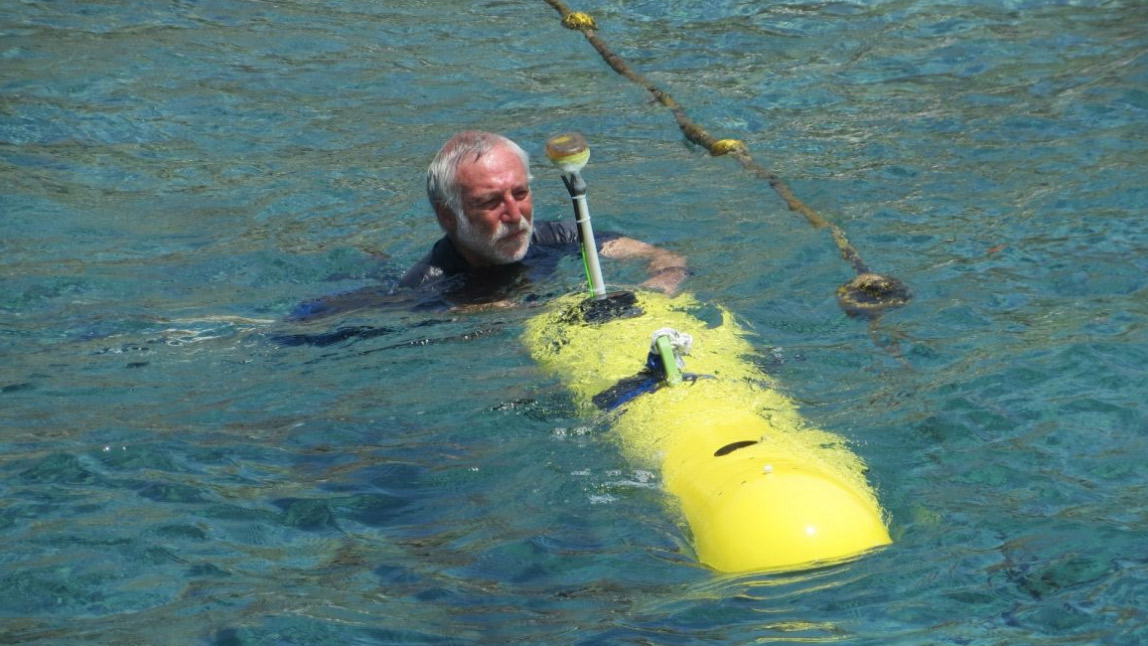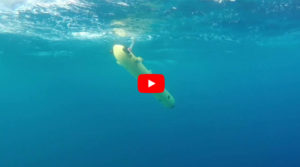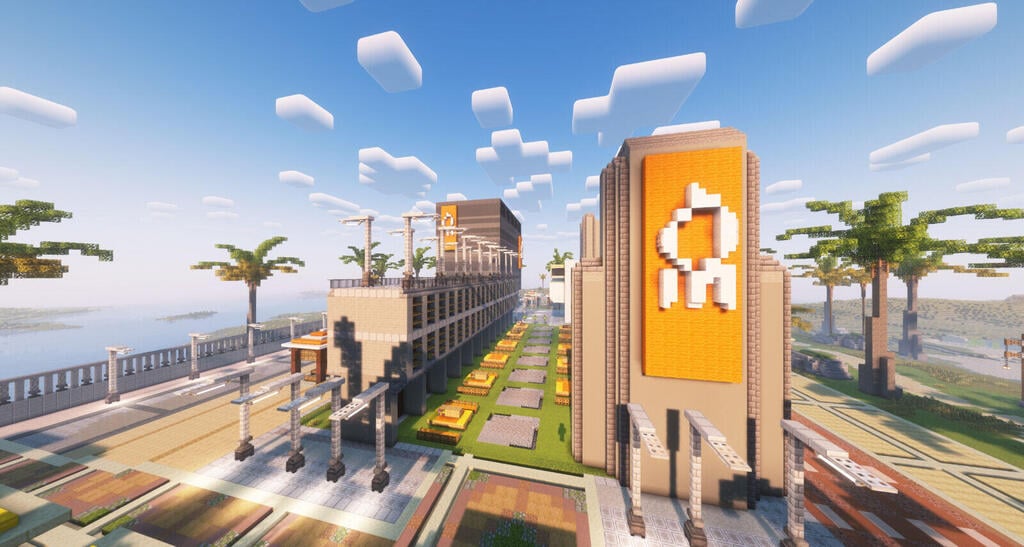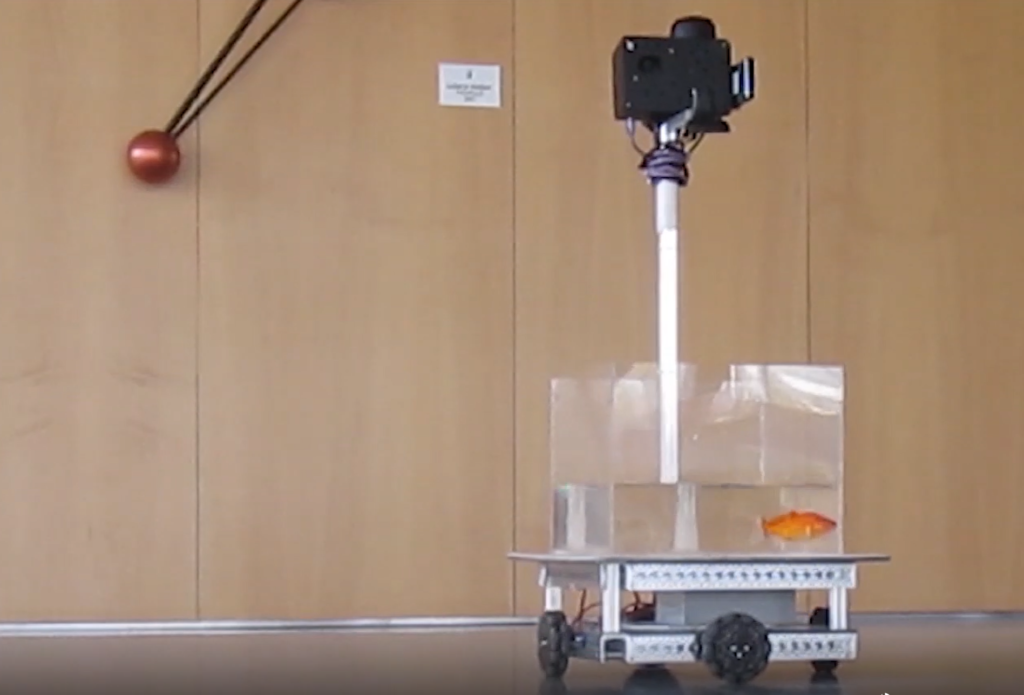
BGU Debuts Second Autonomous Submarine
BGU Debuts Second Autonomous Submarine
December 20, 2017
ISRAEL21c – A group of 20 engineering students from Ben-Gurion University of the Negev saw that existing autonomous underwater vehicles (AUVs) have several limitations, so they worked with Prof. Hugo Guterman, director of BGU’s Laboratory for Autonomous Robotics and member of the BGU Homeland Security Institute, to build a better model, HydroCamel II.
HydroCamel II evolved from a previous small prototype Prof. Guterman’s team designed about four years ago, dubbed HydroCamel I.
“We wanted to build something that could be deployed from smaller ships or from the harbor without a problem. We also wanted something that could be in the water for a long time and take a large number of sensors onboard,” says Prof. Guterman.

Prof. Hugo Guterman testing HydroCamel II
BGN Technologies Ltd., BGU’s technology-transfer company, is so hyped about the resulting prototype that it has spun out a company, BGR, dedicated to commercializing the 2.35-meter-long AUV. Potential customers include the environmental, research, military, security, oil, and gas sectors.
HydroCamel II is equipped with an intelligent navigation system. Its functions include mission planning, obstacle avoidance and decision-making. The AUV combines full autonomy and maneuverability while enabling quick integration of specialized payloads such as sonars, cameras, sensors, and a specimen collection arm.
Prof. Guterman says HydroCamel II is superior to any AUV available in Israel and among the most advanced in the world.
“The HydroCamel II AUV integrates state-of-the-art technologies, including high-level maneuvering in six degrees of freedom and an ability to dive vertically or hover,” he explains. “Until now, these capabilities were limited to remotely operated underwater vehicles (ROVs), which must be tethered by cable to a host ship at all times, while the HydroCamel II is completely autonomous.”
The vehicle’s body is constructed of the same carbon compound used in airplanes, and it can be recharged underwater. “We have developed a lot of electronics for the inside of the HydroCamel II,” Prof. Guterman says.
“HydroCamel II will cost less than a competitive platform but will be much better. In the future, when it is in mass production, the price could be even lower.”
BGR has begun cooperation with payload manufacturers and is seeking investment partners.
Tzvika Goldner, chief executive officer of the new commercialization entity headquartered in Beer-Sheva’s Advanced Technologies Park adjacent to the University, notes that the worldwide AUV market is expected to reach $1.2 billion by 2023. Research shows this sector is growing annually by 22 percent due to increased sea-based security measures and offshore oil and gas production.
“We believe HydroCamel II will expand the AUV customer base and enable us to deploy AUVs in new areas,” says Goldner.
Prof. Guterman envisions a large number of the new AUVs deployed in the Red and Mediterranean Seas, working 24/7 to gather and transmit a wide variety of underwater data to a large number of operators.
He says that no matter where a commercial partner is based, production and R&D for HydroCamel II will remain in the Negev, “where we have the right manpower and knowledge.”




